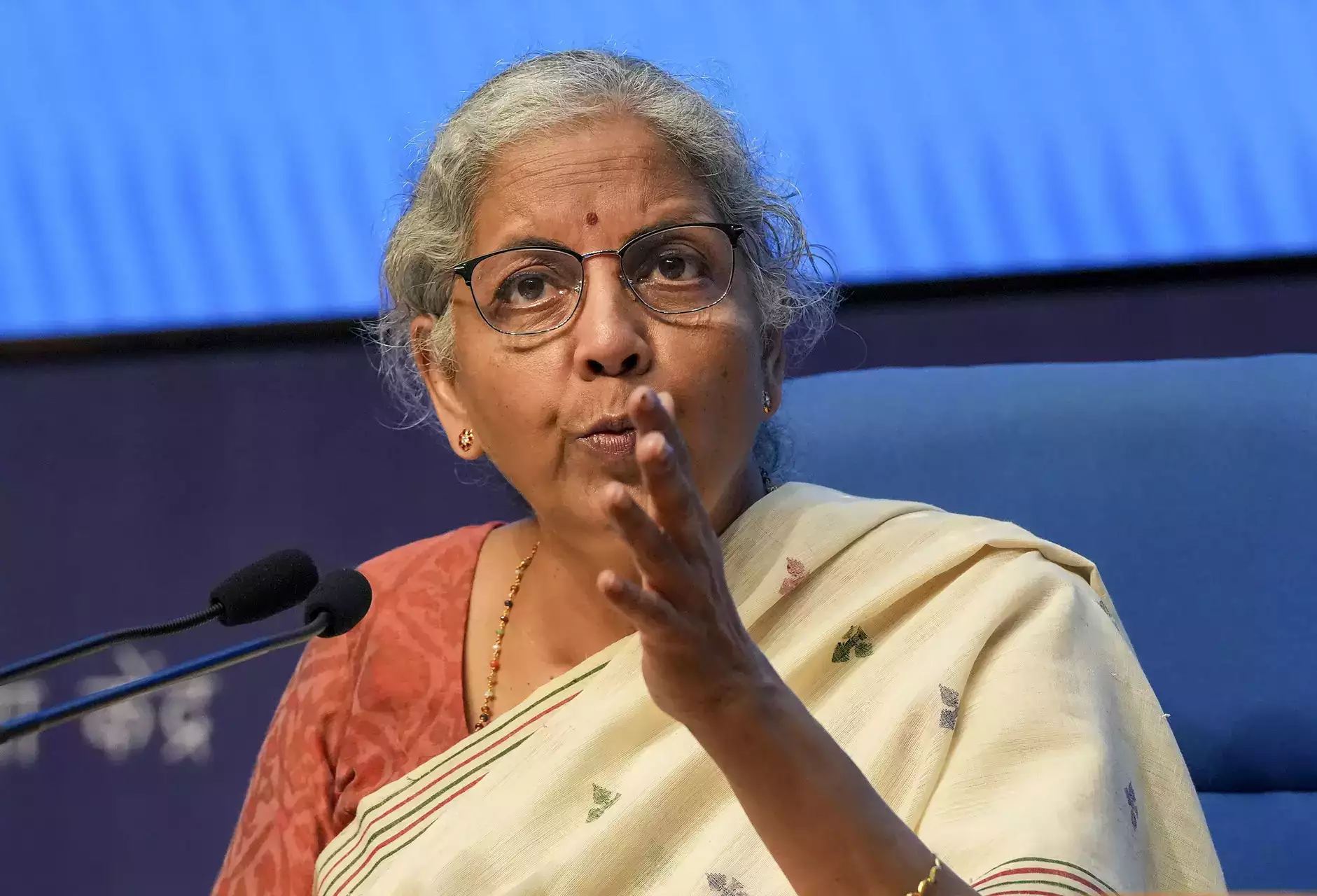Finance Minister Nirmala Sitharaman recently emphasized the importance of considering the impact of global terrorism on business investment decisions. Speaking at the Kautilya Economic Conclave 2023, Sitharaman highlighted that terrorism affects the entire world and no region is exempt from its consequences. This increased level of risk and uncertainty in decision-making will permanently impact investments, she warned.
In her address, Sitharaman highlighted that businesses can no longer solely rely on favorable policies or the openness of an economy to attract investments. The influence of global terrorism on decision-making is a significant factor that investors and businesses must consider. She further remarked on the current state of globalization, expressing pessimism and noting the formation of new groups and alliances. This evolving landscape calls for a re-globalization with different shades and nuances, she added.
Regarding climate finance, Sitharaman acknowledged that India has utilized its own resources to fulfill its Nationally Determined Commitments (NDCs) outlined in the Paris Agreement. However, she raised concerns about the financial capacity of developing countries, like India, to engage in substantial climate financing. With developmental goals and a significant portion of the population still requiring support, she questioned the availability of necessary funds.
Sitharaman also addressed the issue of energy transition, emphasizing the urgent need to identify sustainable sources of energy. The world currently lacks a clear answer to this challenge, she pointed out, calling for concerted efforts to determine the future of energy transition.
Discussing India’s presidency in the G20, Sitharaman highlighted the global implications of the Finance Track’s agenda. The agenda included preparing Multilateral Development Banks (MDBs) for 21st-century challenges, regulating crypto assets, addressing debt distress caused delayed action from international institutions, funding futuristic cities, and finding solutions to taxation issues through the Two-Pillar approach. She emphasized that each agenda point resonated strongly within the G20 Presidency.
Sitharaman also emphasized India’s accomplishment in developing a template for regulating crypto assets, which was one of the notable achievements during India’s presidency. This aligns with the recent call from finance ministers of G20 nations for coordinated implementation of the G20 roadmap on crypto assets. The roadmap, outlined in a joint paper the International Monetary Fund (IMF) and Financial Stability Board (FSB), aims to coordinate global policies and regulations on crypto assets, while considering their specific implications on Emerging Markets and Developing Economies (EMDEs). Updates on the roadmap’s progress will be regularly provided at future G20 meetings the IMF and FSB.
Overall, the remarks made Finance Minister Nirmala Sitharaman shed light on the influence of global terrorism on business decisions, the challenges of climate finance, the need for sustainable energy transition, and India’s impactful role in the G20 presidency.

